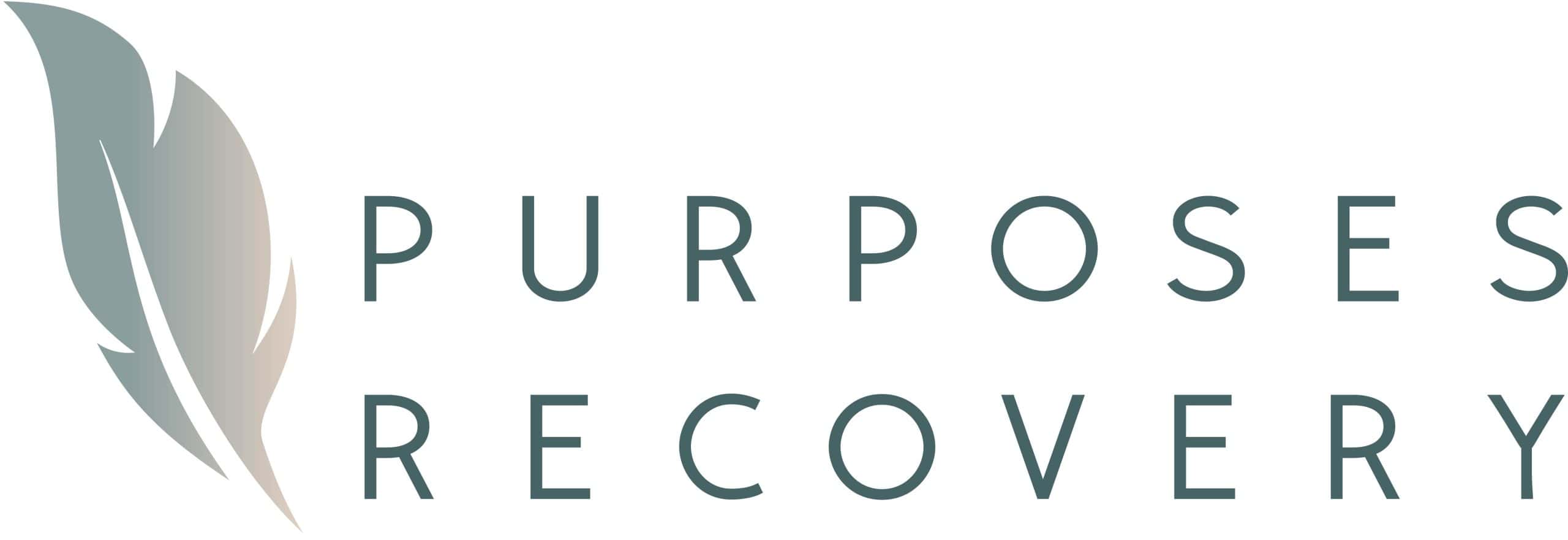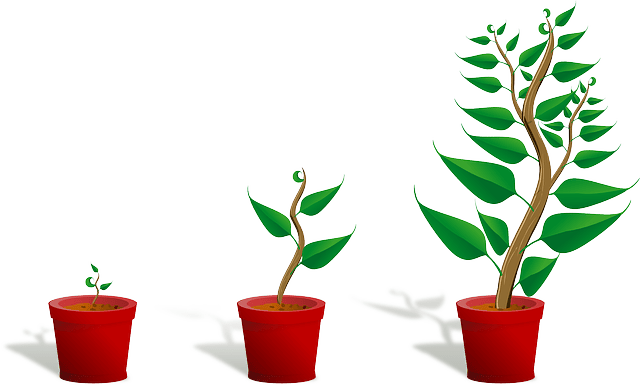In the era of social media, it should come as no surprise to see that the use of popular social networking platforms like Facebook and Instagram continue to rise. These websites have billions of accounts and often see millions upon millions of visitors every day. As a result, social media developed into its own industry.
But this unprecedented tool can do incredible damage in spite of its benefits. In particular, we’re referring to the very real potential of becoming addicted to social media.
What Is Social Media Addiction?
By definition, social media addiction refers to a deep emotional, psychological, and perhaps even physical need to use social media. According to data, 5-10 percent of adults have a full-blown behavioral addiction to social media.
In terms of specific characteristics, social media addiction can manifest in the following ways:
- Compulsion to log into accounts to check notifications, messages, and updates
- Anxiety, depression, or irritability after going without social media
- Constantly seeking the rush of positive emotions from a comment, like, or share
- Spending more and more time online
As you may have noticed, those symptoms echo those associated with drug addiction. Social media creates an addictive feedback loop in the brain in much the same way as alcohol and drugs.
How Can Social Media Be As Addictive As Drugs?
With ad-driven business models, social media platforms want users to spend as much time as possible on their websites and using their apps. These tactics include notifications to pull attention away from other activities, serving ads, and other promotional content based on each user’s analytic profile to make them more receptive to a brand’s message.
Similar tactics are employed in the gambling industry with slot machine manufacturers exploiting psychological mechanisms to keep people at the slots. This ensures that no matter how many times compulsive gamblers lose, they keep coming back.
How is Social Media Addictive?
Social media platforms are designed to facilitate engagement, which makes it more addictive. Every algorithm for ads or for populating a user’s feed is informed by past interactions on the platform. This means brands can create higher-performing advertisements based on user interests.
Humans love to talk about themselves and social media potentially offers a bottomless source of validation. Users with large audiences on platforms like Facebook and Twitter have bigger audiences than there are residents living in some countries.
Few actually see such massive reach, but the desire for that impact permeates. Users want to feel heard, understood, and important. That validation can actually trigger a physical and chemical response in the brain much like from alcohol and drugs.
How Social Media Affects the Brain
Much like substance abuse, the use of social media can trigger what feels like a syringe of dopamine that’s being injected directly into the brain’s limbic system.
Dopamine is associated with feelings of happiness, satisfaction, and pleasure in everyday life. The unnatural rush of dopamine from regular social media use or drug addiction is dangerous because it leads to a dependence on those activities. As a result, the highlights of everyday life will never be able to reach those same dopamine levels as from drugs and alcohol.
With dopamine tolerance comes a resistance to dopamine’s effects. The user begins to chase the intensity of that first flood of dopamine, requiring more and more drugs, alcohol, or, as in this case, social media.
However, social media isn’t a substance that leaves behind physical evidence–e.g. syringes, hollowed pens, spoons, and other paraphernalia. When there’s not an actual substance for the body to crave, addiction can be much harder to identify.
Behavioral Addiction vs. Substance Use Disorder
While substance use disorder is characterized by physiological dependence on a substance like alcohol or drugs, a behavioral addiction occurs when the patient seeks the rush of dopamine from a particular activity rather than a substance.
People encounter behavioral addictions much more frequently than they realize; individuals with behavioral addictions are those with eating disorders, gambling problems, and hoarding their possessions. These behaviors are more than just unhealthy habits to overcome and can require treatment as intensive as any provided at a drug rehab.
How Social Media Impacts Mental Health
No matter how many practical uses it serves, social media can have long-term consequences, especially when used in excess. As the brain becomes more tolerant of dopamine, the negative impacts of social media will begin to creep in.
Some say comparison is the thief of joy, which may or may not be true. However, users tend to be less forthcoming with their failures on social media; as a result, there’s a tendency to compare one’s own life to the lives of others as depicted on social media, which often functions as a highlight reel for someone’s life.
Feelings of inferiority and ineptitude increase rates of anxiety and depression, which could, in turn, drive users to self-medicate, continuing the same behavior that put them in this situation in the first place. Once they feel better, they dive back into social media and the vicious spiral continues.
Experienced by more than half of all Americans on social media, FOMO–the shorthand term for “fear of missing out”–triggers anxiety and pulls users back online. They fear missing conversations, in-jokes, trends, or even being forgotten by their audience.
Even though it feels good to socialize, more social media is rarely a good thing and often even has the opposite effect. Regular social media users are, unfortunately, more likely to experience social isolation and depression than those who use it only a few times per week.
How to Identify Social Media Addiction
Diagnosing social media addiction can be difficult as there are no associated substances or physical side effects. Similarly, social media overuse can be a bad habit without meeting the criteria for a full-blown addiction.
Social media addiction is linked to several behavioral patterns that may help with identification, including:
- Spending a lot of time thinking about social media
- Experiencing frequent and escalating urges to use social media
- Using social media as a tool to avoid personal problems
- Previous attempts to reduce social media usage have failed
- Exhibiting restlessness, anxiety, irritability, etc. when unable to access social media
- Allowing social media use to disrupt daily responsibilities such as work and school
Those experiencing three or more of those behaviors should consult with a professional treatment provider for a confirmed diagnosis as soon as possible.
How to Treat Social Media Addiction
Although those experiencing social media addiction can experience potent cravings, there are no life-threatening withdrawal symptoms like with some substances, including alcohol.
This means that recovering from social media addiction requires no detox facilities. Instead, broad-application therapies used alongside software designed to reduce social media use are the two main ways patients cope with the urge to use social media.
Therapy for Internet Addiction
Like many other addiction treatments, social media addiction is treated with cognitive behavioral therapy. This therapeutic approach attacks addictions at their source to address the reasons the patients turned to addictive behaviors in the first place. They learn about the disease of addiction, why they’re so fixated on social media, and how to find healthier ways to manage those urges.
Ultimately, the goal of psychotherapy is to help the patient develop relapse-prevention strategies. As an example, this could amount to designating specific times of day for their social media use.
Cutting Down on Social Media
There are many strategies and tools with which to decrease social media use. For instance, a number of software developers who recognized social media addiction’s impact early built a suite of tools to help curb social media use. These tools can blacklist specific sites, automatically sign users out after a set amount of time online, or turn off notifications at specific times.
Let Purposes Recovery Help You Face Your Addiction
Purposes Recovery has more addiction treatment resources than software applications, of course, but our LA medical detox is the best way to ensure that addiction patients pass the first 72 hours of detox in comfort. We do this by ensuring a level of medical and holistic support to take on co-occurring diagnoses like depression, anxiety, and social media addiction.
Call us for a free consultation to learn more about our services and what we can offer you.



